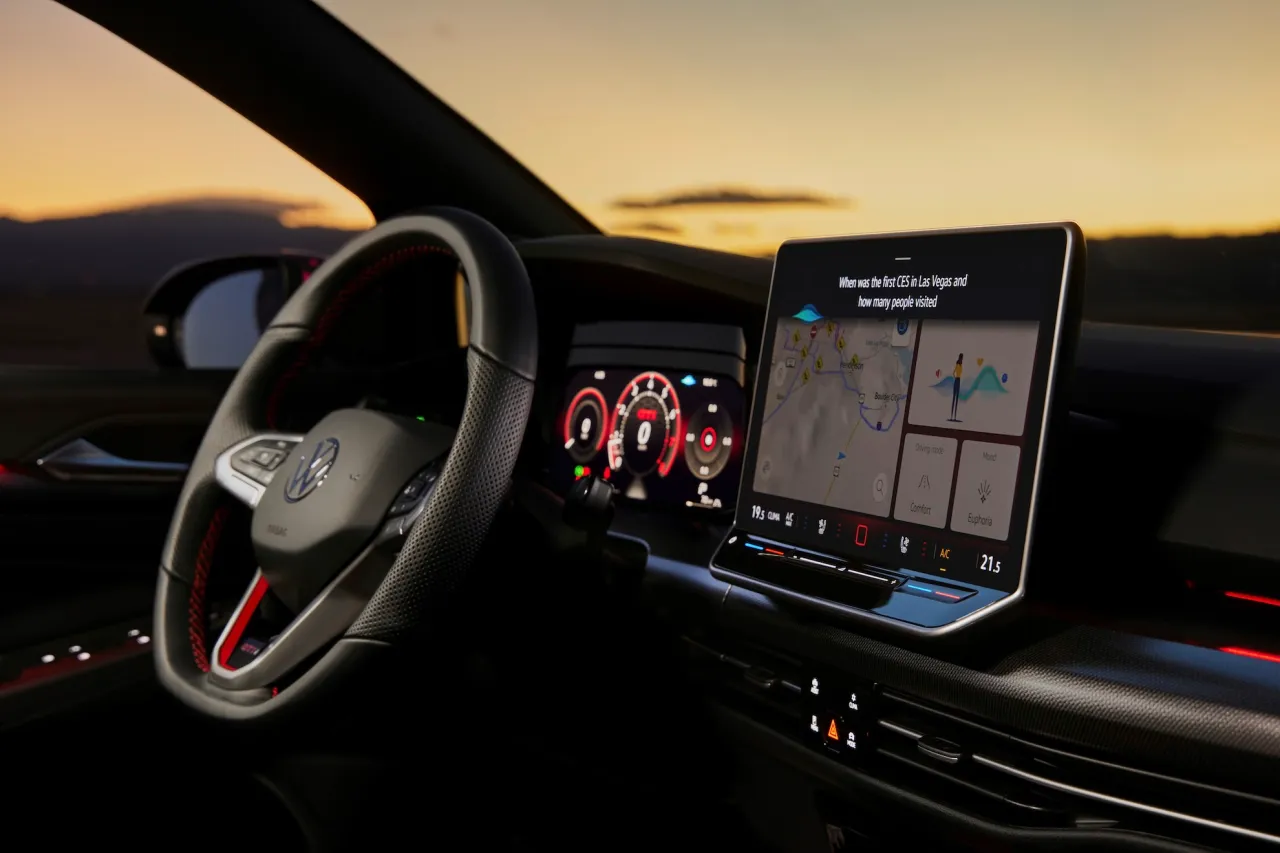Lyft Updates Micromobility Operations; Volkswagen Rolls Out ChatGPT in US
 Nettribe Media
Nettribe Media
Image Credit: VW
Lyft's Micromobility Overhaul Lyft is undertaking a strategic overhaul of its micromobility division, a key part of its business that includes shared bikes and scooters. The restructuring will see Lyft pivot from its current dockless bike and scooter model to a more controlled, docked system. This shift is aimed at reducing operational challenges, such as misplaced or damaged bikes, and improving the overall user experience. The changes are expected to result in a one-time restructuring charge of between $34 million and $46 million, impacting around 1% of Lyft's workforce. Despite the scale of these changes, Lyft remains committed to micromobility as a core part of its urban transportation strategy, positioning it as a cleaner, more efficient alternative to car trips in congested city environments.
This restructuring is part of a broader trend among tech and transportation companies to refine their operations in response to financial pressures and changing market dynamics. As Lyft continues to adjust its business model, the success of these changes will be closely watched by industry analysts and competitors alike.
Volkswagen Introduces ChatGPT in US Vehicles In the automotive sector, Volkswagen is making headlines by integrating ChatGPT into its U.S. vehicle lineup. This AI-driven feature will be available in selected models, allowing drivers and passengers to interact with their vehicles using natural language. ChatGPT's integration is designed to enhance the in-car experience by making it more intuitive, allowing users to ask questions, control functions, and access information in a conversational manner. This move is part of Volkswagen's broader strategy to incorporate advanced AI and software into its vehicles, ensuring they remain competitive as the industry shifts toward smarter, more connected cars.
Volkswagen's decision to bring ChatGPT to its vehicles is a reflection of the growing importance of AI in the automotive industry. As cars become increasingly connected, features like ChatGPT are expected to play a central role in shaping the future of driving, offering users a more personalized and engaging experience.
Together, these developments from Lyft and Volkswagen highlight the ongoing transformation in both the mobility and automotive sectors, driven by a combination of technological innovation and strategic realignment.
Subscribe to my newsletter
Read articles from Nettribe Media directly inside your inbox. Subscribe to the newsletter, and don't miss out.
Written by
